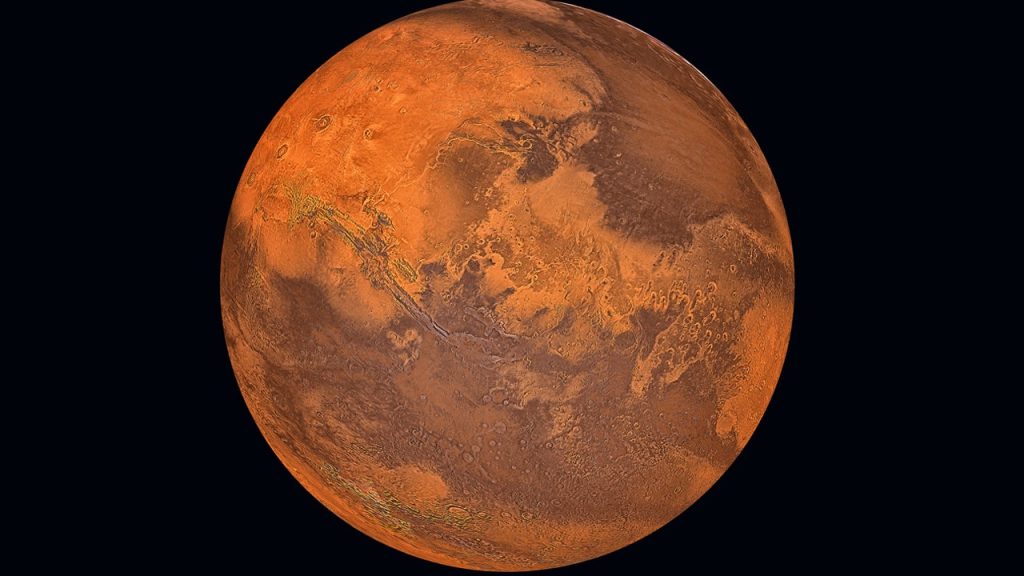Mars is a planet in our solar system that has been the subject of exploration by space organizations. NASA has been working on projects to get crews to Mars, and there have been year-long Mars simulations to study life on the red planet. Mars and Earth have similarities, such as the length of a day and the number of moons. Mars is known for its cold temperatures, thin atmosphere, and unique geological features like the Olympus Mons volcano.
Mars experiences seasons, much like Earth, but they are about twice as long. Olympus Mons, the largest volcano in the solar system, is located on Mars and is 16 miles high. Mars is the fourth planet from the sun, and it is much smaller than Earth, with only half the radius. Phobos and Deimos are the two moons of Mars. The planet’s thin atmosphere is mostly made up of carbon dioxide, argon, and nitrogen. The average temperature on Mars is around minus 85 degrees Fahrenheit.
Rovers, landers, and helicopters have been used to explore Mars, with NASA’s Curiosity and Perseverance rovers currently active on the planet. Exploration has revealed that Mars likely had a warmer, wetter, and thicker atmosphere billions of years ago. Elon Musk’s SpaceX has been working on spacecraft and rockets to transport crews and equipment to Mars. The planet’s soil is rich in iron minerals, giving it a red appearance. A year on Mars is 669.6 sols, equivalent to 687 Earth days, with each day lasting 24.6 hours.
Mars has been the focus of many films and TV shows, with popular titles like “The Martian,” “Total Recall,” and “Mission to Mars.” These fictional portrayals often imagine humans living and exploring the red planet. Despite the challenges of Mars’ harsh environment, ongoing research and exploration efforts continue to expand our understanding of the planet. With technology advancing, the possibility of human missions to Mars in the future is becoming more achievable. Mars remains an intriguing subject of study and imagination for scientists and storytellers alike.


